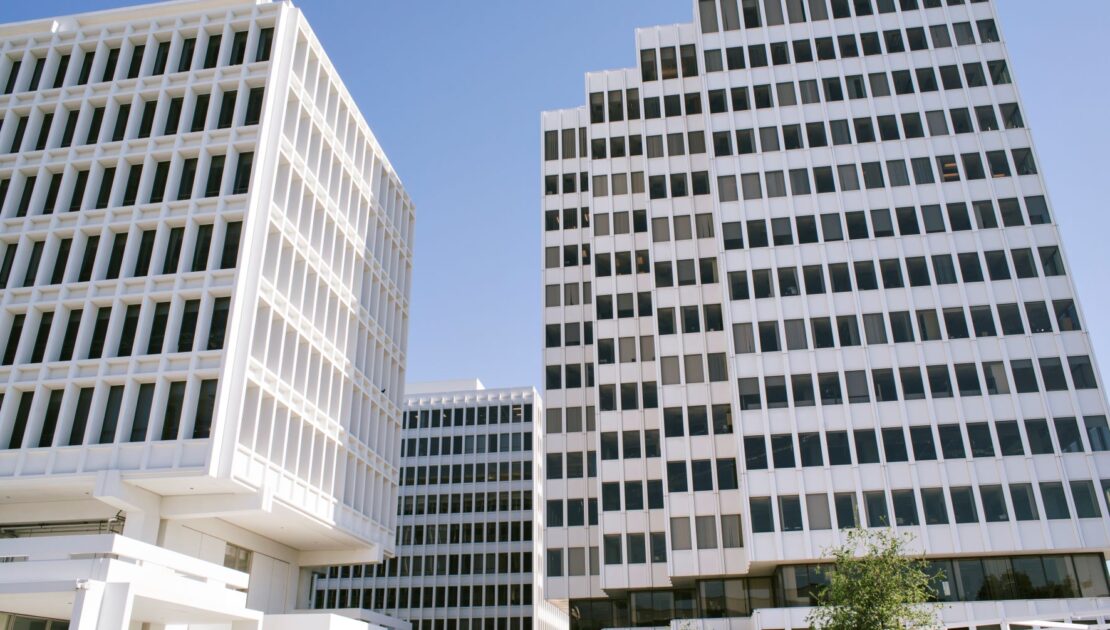Understanding Protective Safeguards Endorsements (PSEs)

When it comes to property insurance, it’s not just about securing a policy; it’s about fully understanding its nuances to ensure you have the highest level of protection for all your assets. In some cases, misunderstanding the details of your property coverage can mean the difference between safeguarding your investments and costly oversights.
One often overlooked policy detail is the protective safeguards endorsement (PSE). These endorsements, embedded within many commercial property policies, stipulate specific safety and security measures businesses must uphold. Failure to adhere to these measures can leave your property vulnerable and lead to insurers denying claims when disaster strikes. As such, business owners and property managers must recognize, understand and actively maintain the conditions set by PSEs to ensure the integrity of their insurance coverage and the safety of their commercial property.
What Are Protective Safeguards Endorsements?
In property insurance, PSEs are conditions of coverage requiring policyholders to ensure that specific protective devices and services are installed, maintained and in proper working order. Regarding property insurance, common examples of PSEs include automatic sprinkler systems, automatic fire alarms, burglar alarms, leak detection systems, security services and surveillance systems. If the PSE conditions are not met, the insurer will likely not pay for losses incurred.
For example, if a fire damages a restaurant and a subsequent investigation finds that the sprinklers weren’t functioning properly, an insurer can deny coverage due to a PSE.
The common types of PSEs added to a commercial property policy include:
- Fire protection system endorsement—An endorsement stating losses resulting from fire will not be covered by the insurer if fire alarms, sprinkler systems and other fire prevention systems are not in use or maintained.
- Security systems endorsement—States that security equipment like closed-circuit television (CCTV), motion sensor devices, weapon detection systems and intruder alert notification systems must be operational and retained. It may also require a service contract with security personnel.
- Water detection systems endorsement—Requires the use and upkeep of water detection equipment like water sensors and leak detectors in areas where water damage can occur, including toilets and laundry areas.
- Heating system endorsement—Requires insureds to utilize and maintain hot water radiators, furnaces and boilers, solar heaters and similar devices.
- Automatic commercial cooking exhaust and extinguishing system endorsement—Requires commercial kitchens in the food service industry to operate and maintain automatic fire extinguishers, hood exhaust fans and wet chemical systems.
Implications for Policyholders
PSEs have a variety of implications for policyholders. Chiefly, if an insured has a PSE in their policy, they are responsible for:
- Monitoring protective devices and keeping them in proper working order; and
- Notifying the insurer promptly of any malfunction or impairment of protective devices or services listed in the PSE over which they have control.
Beyond these obligations, there are a number of benefits to PSEs. Notably, since PSEs encourage loss prevention measures, they can positively impact the cost of premiums. In many states, insurers provide a premium discount or credit when such an endorsement is attached to a policy.
Key Considerations for Policyholders
There are essential considerations for policyholders when dealing with PSEs:
- Compliance with endorsement—Policyholders need to meet the conditions of the endorsement to prevent claims denial.
- Periodic inspections—Some endorsements may require regular inspections of protective devices and services.
- Ongoing maintenance—Having protective devices serviced at recommended intervals is necessary to comply with PSEs. Building owners and landlords may need to clarify in their agreements which party is responsible for maintenance duties and how to keep detailed records of maintenance activities.
- Notification responsibility—PSEs mandate that insurers be promptly informed when protective devices are suspended or turned off, even for repairs. It’s essential for policyholders to establish protocols—like where and how to send notices—for proper notification.
- Understanding potential impairments—To ensure that all listed systems, devices and services remain functional, it may be necessary for property owners and tenants to consult experts, such as system vendors or engineers, to learn how non-impairment can be maintained.
- Communication with insurer and broker—Insureds should maintain open dialogue if any change is made to systems or if they have concerns about compliance.
Conclusion
Commercial property insurance policies that have PSEs impose additional duties on insureds. To avoid the hassle of being denied coverage, ensure that protective devices and services are well-maintained and functioning as intended, and notify insurers immediately if these are suspended or impaired.
By taking these necessary steps, property owners, managers and tenants can better protect their interests and ensure they have the coverage they need when it matters most.
Contact us today for more information.
Article Published By: Zywave, Inc.
